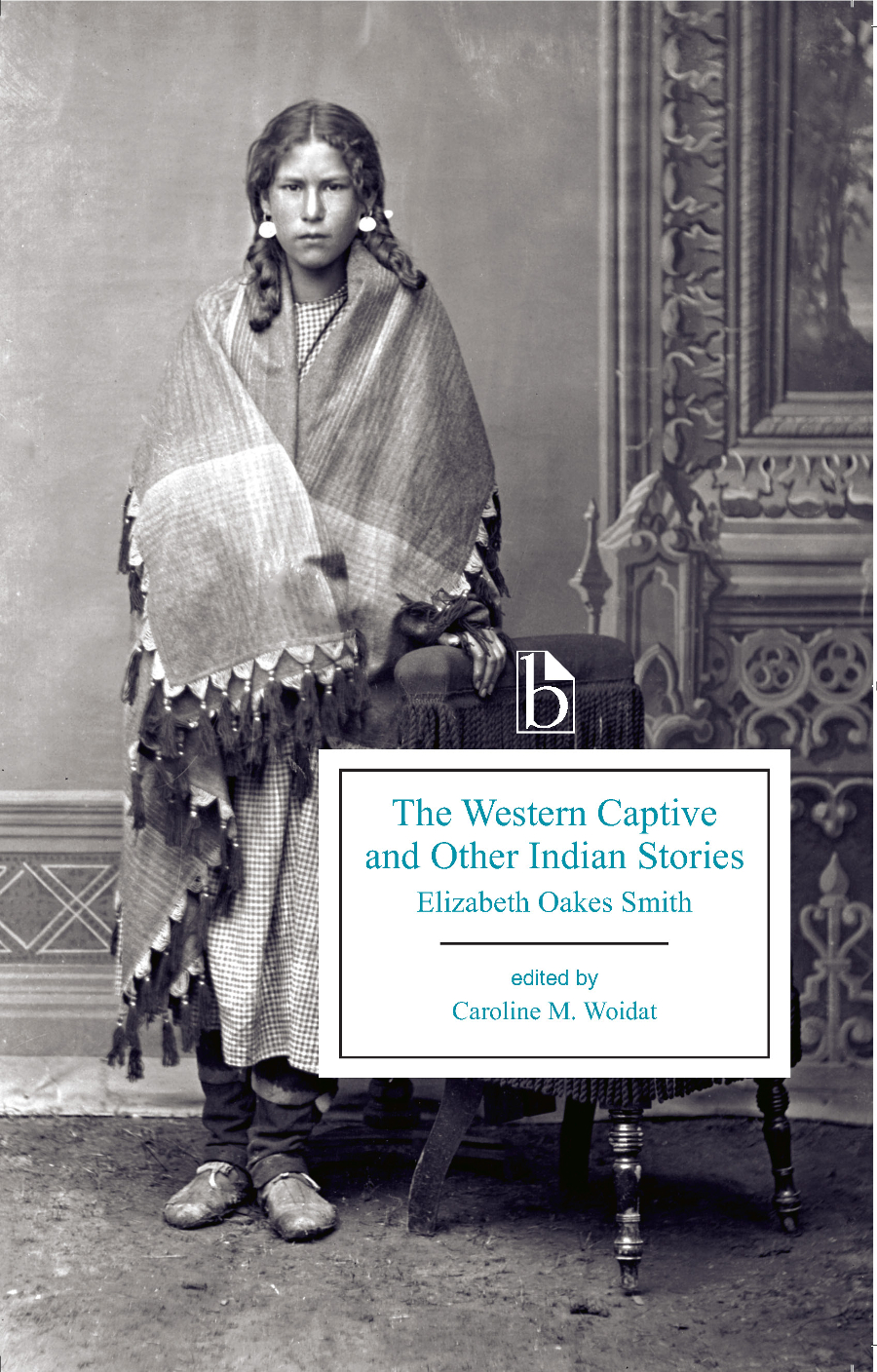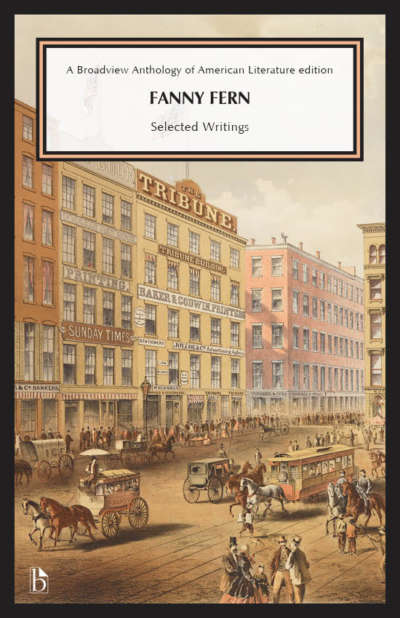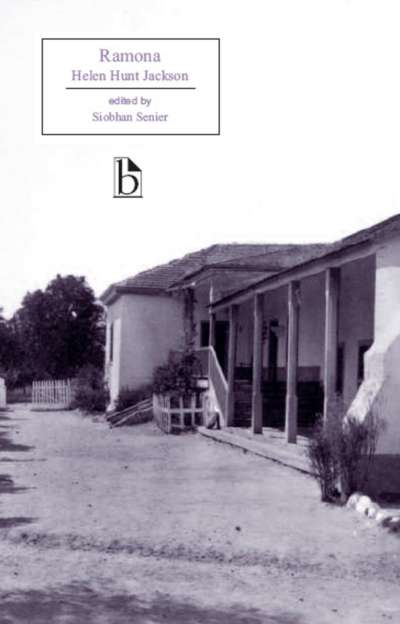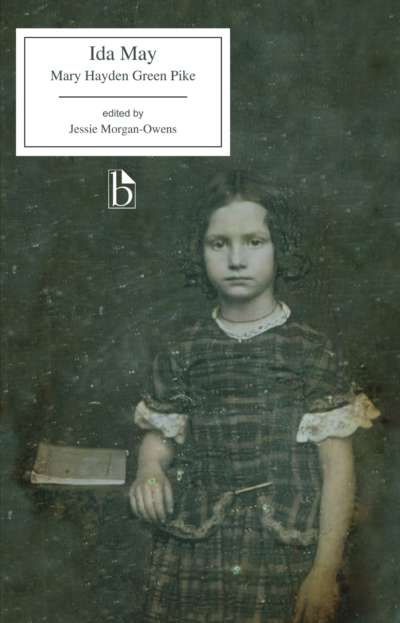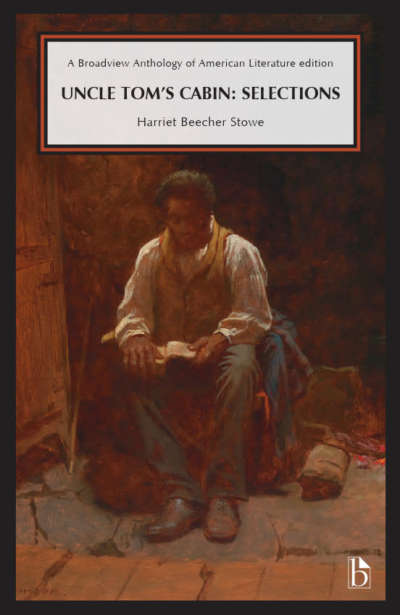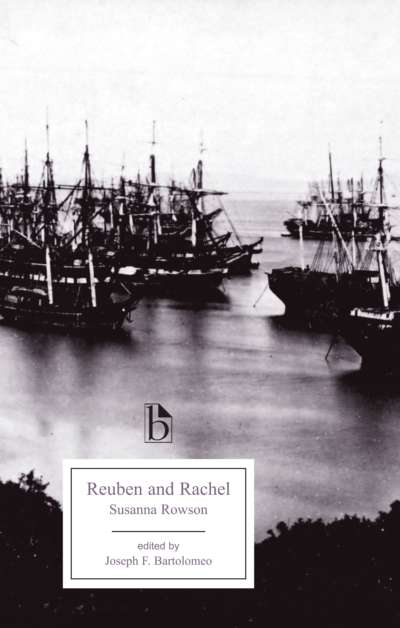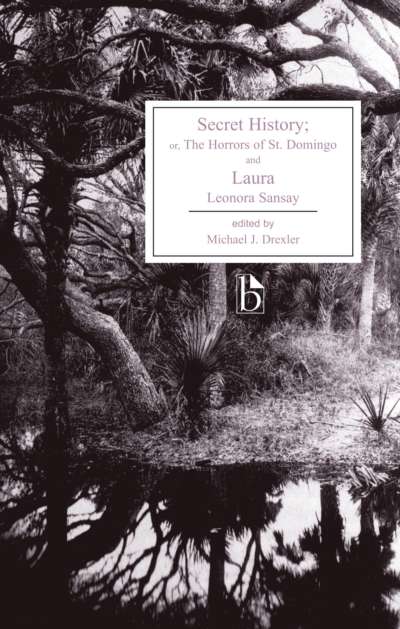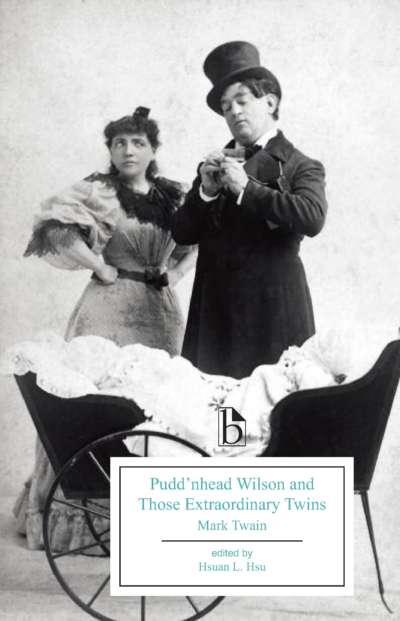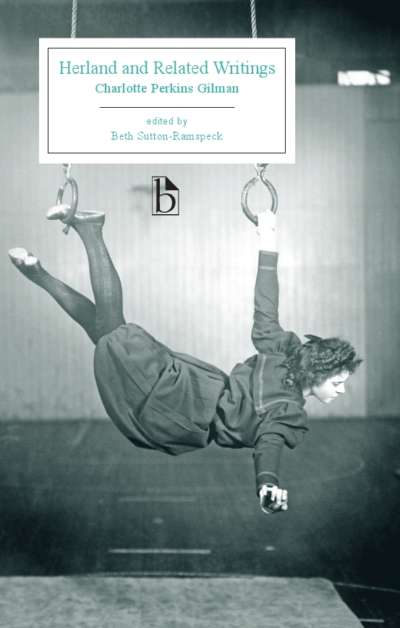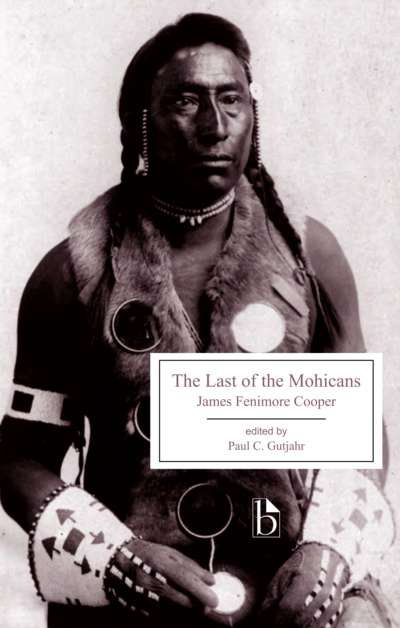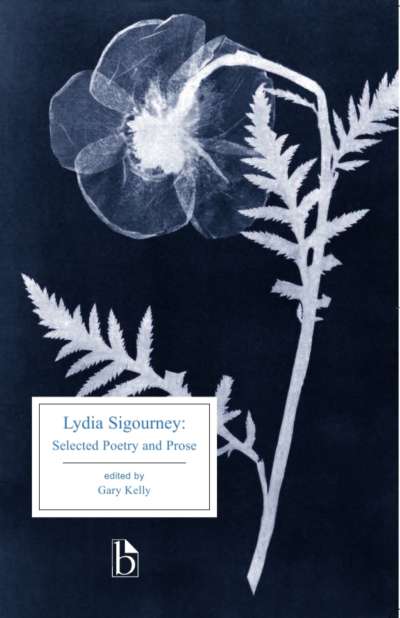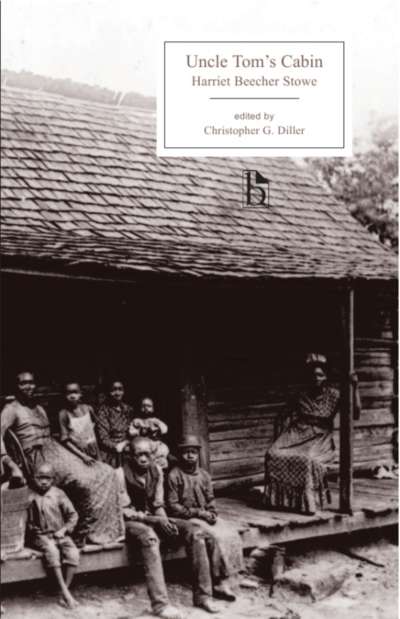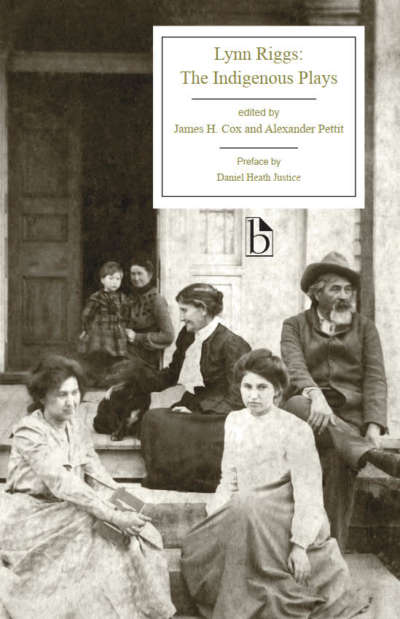
This edition recovers Elizabeth Oakes Smith’s successful 1842 novel The Western Captive; or, The Times of Tecumseh and includes many of Oakes Smith’s other writings about Native Americans, including short stories, legends, and autobiographical and biographical sketches. The Western Captive portrays the Shawnee leader as an American hero and the white heroine’s spiritual soulmate; in contrast to the later popular legend of Tecumseh’s rejected marriage proposal to a white woman, Margaret, the “captive” of the title, returns Tecumseh’s love and embraces life apart from white society.
These texts are accompanied by selections from Oakes Smith’s Woman and Her Needs and her unpublished autobiography, from contemporary captivity narratives and biographies of William Henry Harrison depicting the Shawnee, and from writings by her colleagues Jane Johnston Schoolcraft and Henry Rowe Schoolcraft.
Comments
“Caroline M. Woidat’s edition of Elizabeth Oakes Smith’s writings about Native–white relations in nineteenth-century North America is most welcome. The Western Captive gives scholars detailed chronological, cultural, and geographical backgrounds to enrich their analyses, and enters into conversation with the stories of other transculturated women…. This book will be valuable for classroom use because its rich selection of supporting primary material allows readers to see these texts within their cultural and literary contexts.” — Nicole Tonkovich, University of California, San Diego
“This is an impressive scholarly edition, not only of Elizabeth Oakes Smith’s life and work, but also of the work of her most important contemporaries. Clearly, there is no other major text of American literature to compare directly with The Western Captive, the heartbreaking narrative of the heroic Tecumseh and equally brave Margaret, whom he rescued as a young girl. In addition to Oakes Smith’s feminist writing, appendices offer texts by her contemporaries, political campaign biographies in which the Indians figure, and, perhaps most interestingly, material on the relationship between Oakes Smith and Henry and Jane Schoolcraft, who wrote about intermarriage between ‘educated’ Indians and ‘whites.’” — Florence Howe, co-founder of The Feminist Press and author of A Life in Motion (2011)

